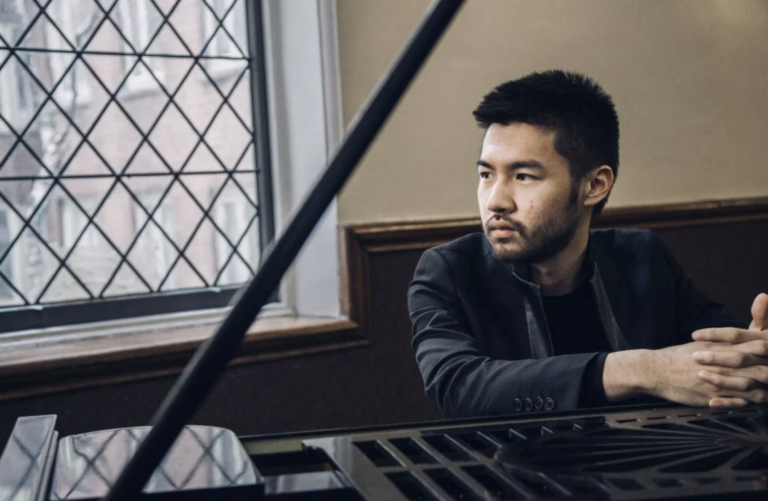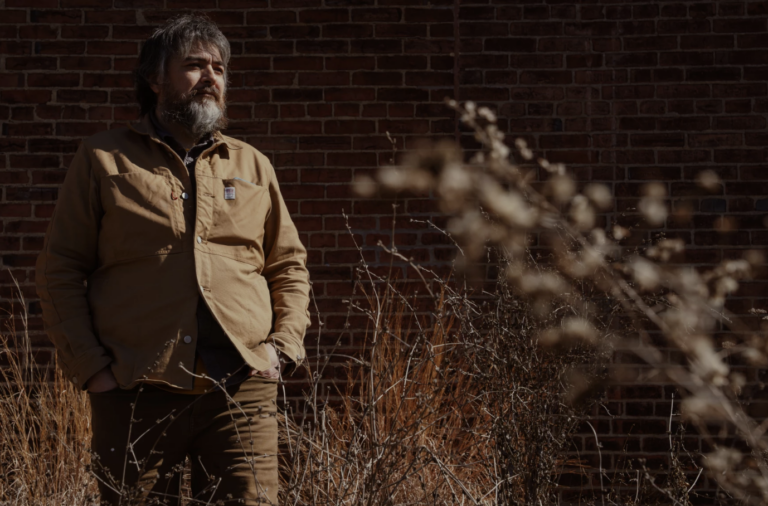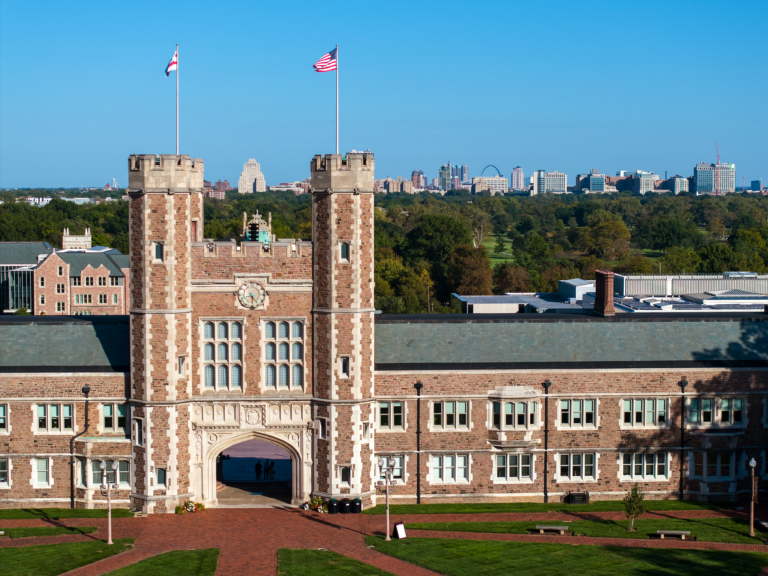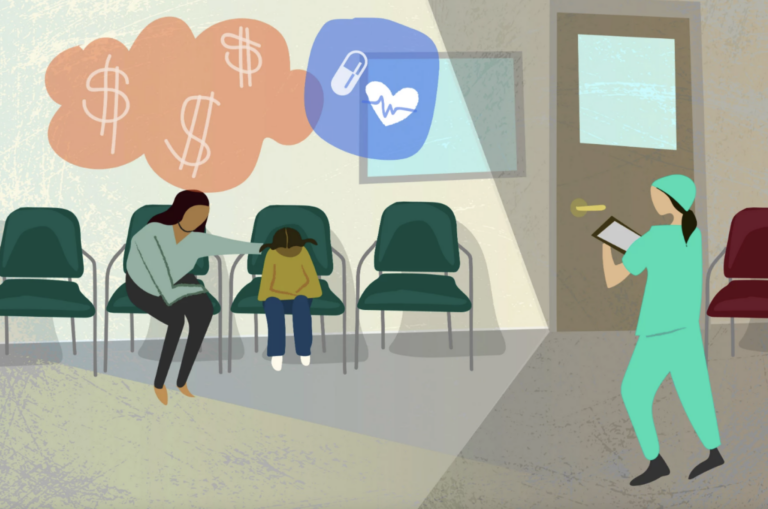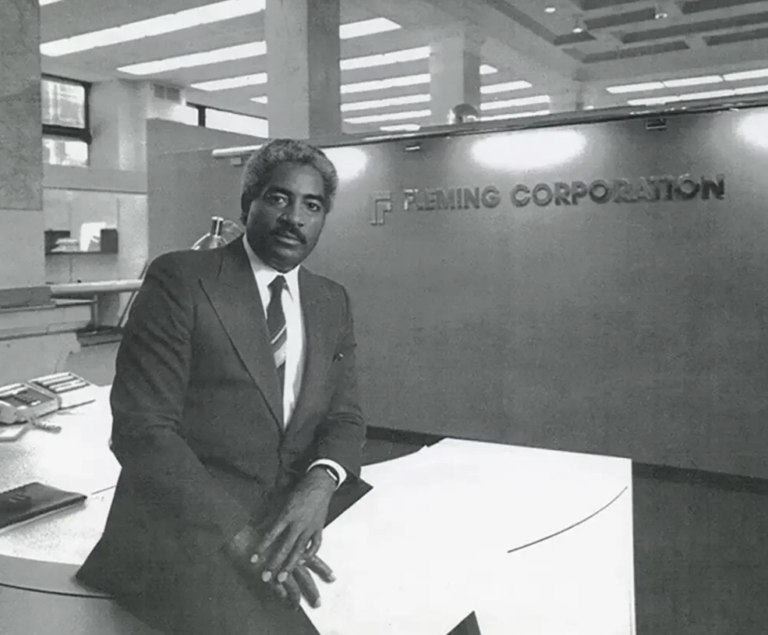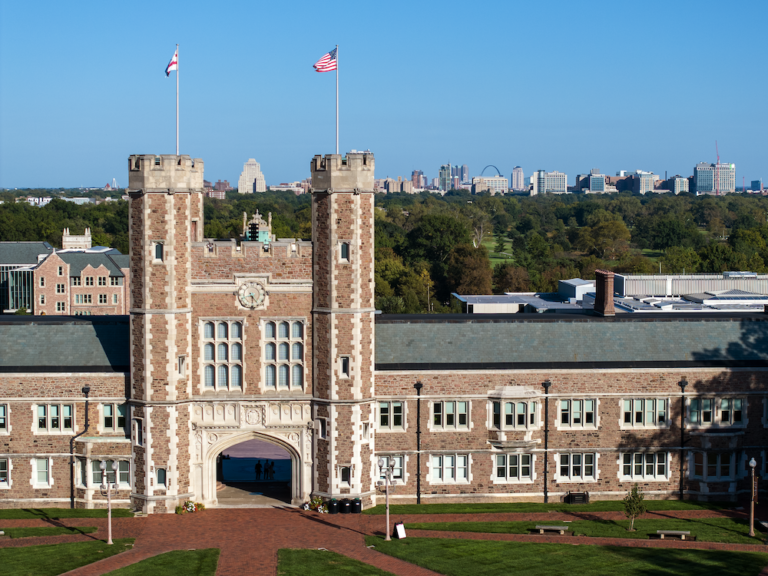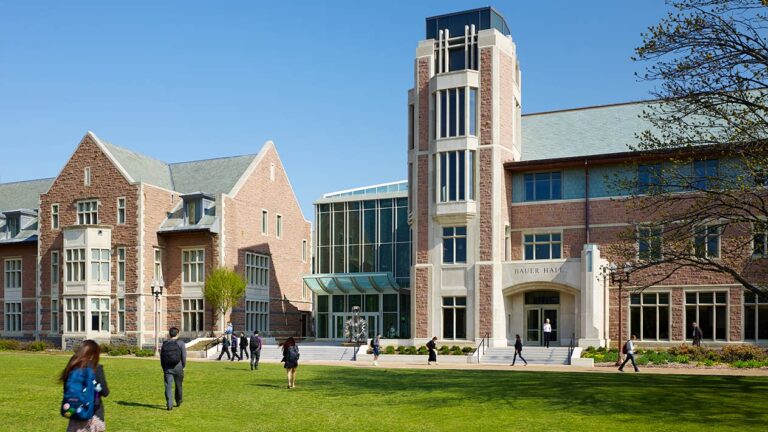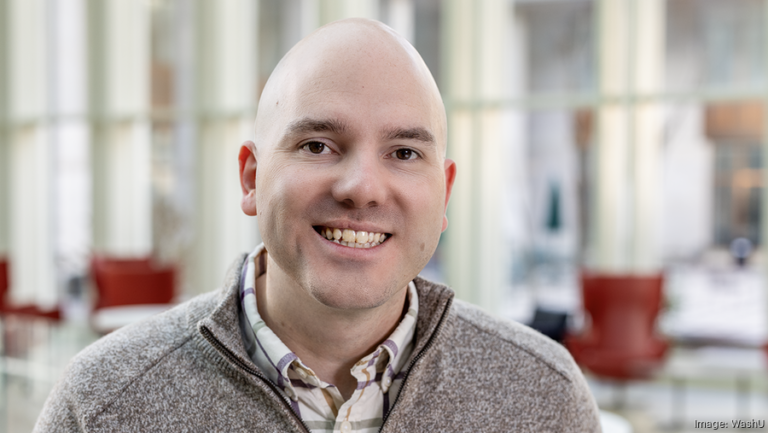Washington University’s African Film Festival returns for 19th year
For nearly two decades, cinematic art that counters negative stereotypes, combats false narratives and offers first-hand insight about the continent of Africa have been showcased at Washington University in St. Louis. On Friday (March 28) the 19th Annual African Film Festival returns to campus.
WashU announces 2026 Great Artist Series, featuring global acts and Grammy winners
Some great classical music is coming to St. Louis next year. After several years of planning, Washington University in St. Louis has announced its schedule for the 2026 Great Artist Series.
St. Louis Wants to Turbocharge its Neuroscience “Superpower” Through the NEURO360 Initiative
The St. Louis nonprofit BioSTL is taking a leading role to turbocharge neuroscience in St. Louis. BioSTL is partnering with Washington University in St. Louis to lead a new program for the St. Louis region, called the NEURO360 initiative.
An exhibition at the Kemper features artistic views of environmental balance
Juan Williams Chávez is founder and director of Northside Workshop, an indoor workspace surrounded by a teaching garden divided into a variety of habitats. Visitors learn about bees and ecosystems and make art projects. He’s also one of 10 artists in an exhibition at the Mildred Lane Kemper Art Museum that showcases people who use their artwork to call for a better balance between humans and the natural world.
These 80 companies are among the Best Places to Work in St. Louis for 2025
More than 150 nominations were submitted for the St. Louis Business Journal’s annual Best Places to Work Awards program for 2025. The 80 companies identified including WashU stand out as the finalists in this year’s program.
WashU School of Medicine study examines disparities in genetic testing in Black children
Black pediatric patients believed to have neurological conditions are falling through the cracks. Half of Black pediatric patients completed the necessary genetic tests for diagnosis and treatment. That puts them well behind white pediatric patients at 75%. This is just one disparity highlighted in a new study from Washington University’s School of Medicine. WashU Medicine neurology professor Dr. Christina Gurnett said these tests are necessary to unlock treatment options.
How Charles E. Fleming, St. Louis’ first Black architect, built a better city
It wasn’t until 1961 that Washington University in St. Louis’s architecture program saw its first Black graduate – renowned modern architect Charles E. Fleming, who passed last July. From the start, he was destined to break barriers through his craft.
Opinion: WashU is lowering the financial barriers to higher education
WashU Pledge scholarships, first announced in 2019, provide free undergraduate education to all incoming, full-time students from Missouri and southern Illinois whose families make $75,000 or less. Gateway to Success, announced two years later, is a $1 billion investment in student financial aid and support that has allowed WashU to adopt need-blind admissions, meaning that an applicant’s financial situation no longer factors into admission decisions.
New WashU initiative will bring business insights to health industry
A new Washington University program seeks to use business principles to improve health care systems and operations, and spur new innovations. Launched late last year, the Business of Health initiative leans on research originating at WashU’s Olin Business School to solve industry challenges, help students launch careers on the business side of the health care field, and turn fresh ideas into real-world solutions.
Washington University looks to bring business of health insights to medical pros
Washington University’s Olin School of Business is trying to streamline communication between people who specialize in health business and medical professionals. The university last week announced a new “Business of Health” initiative, which the head of the program says will “improve individual and societal well-being” through communication.

